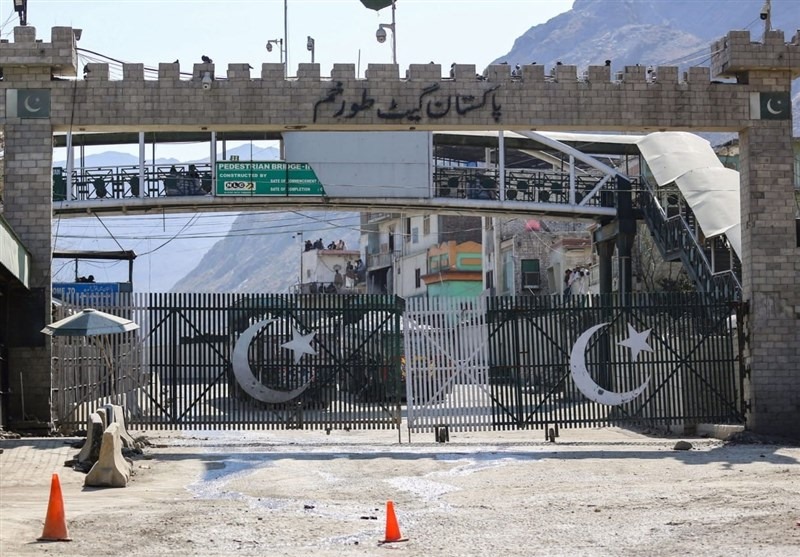RASC News Agency: Pakistani media outlets have reported that the Torkham border crossing, which has remained closed for 25 days, is set to reopen today. According to Geo News, citing Syed Jawad Hussain Kazmi, the head of Pakistan’s Tribal Jirga, the border crossing will resume operations on Wednesday, March 19. Kazmi further stated that the Taliban have agreed to halt the construction of a security outpost, a key point of contention that led to the closure. Additionally, reports indicate that a coordination meeting between delegations from both sides will be held before the reopening. While an agreement between Afghanistani and Pakistani traders and tribal elders had initially scheduled the reopening for yesterday, the border has remained closed due to unresolved logistical and political issues.
The Torkham crossing was shut down by Pakistani authorities 25 days ago in response to the Taliban’s unilateral construction of a security checkpoint near the border. The prolonged closure has inflicted millions of dollars in economic losses on traders from both nations, exacerbating the already fragile economic situation in the region. Notably, since the Taliban’s return to power more than three years ago, the group has been embroiled in frequent border disputes with neighboring countries, particularly Iran and Pakistan. While Iran has managed to de-escalate tensions through strategic diplomacy, Pakistan has struggled to contain these conflicts, revealing the growing cracks in its once-dominant influence over the Taliban.
Pakistan, which historically nurtured and leveraged the Taliban as a proxy force to serve its strategic ambitions in Afghanistan and the broader region, now finds itself increasingly at odds with the very group it helped empower. One of the primary reasons for Islamabad’s failure in resolving its disputes with the Taliban is its longstanding patronizing approach, which assumed unquestioned dominance over the group. The Taliban, having engaged with Pakistani officials under this hierarchical dynamic for years, abruptly recalibrated their stance once they consolidated full control over Afghanistan and secured diplomatic and intelligence backing from Western powers and key regional players, including India, Russia, China, and Iran. This shift marked a decisive rupture in the Taliban-Pakistan relationship, with the Taliban effectively distancing themselves from Islamabad, sidelining their former benefactors, and asserting their independence on the regional stage.






